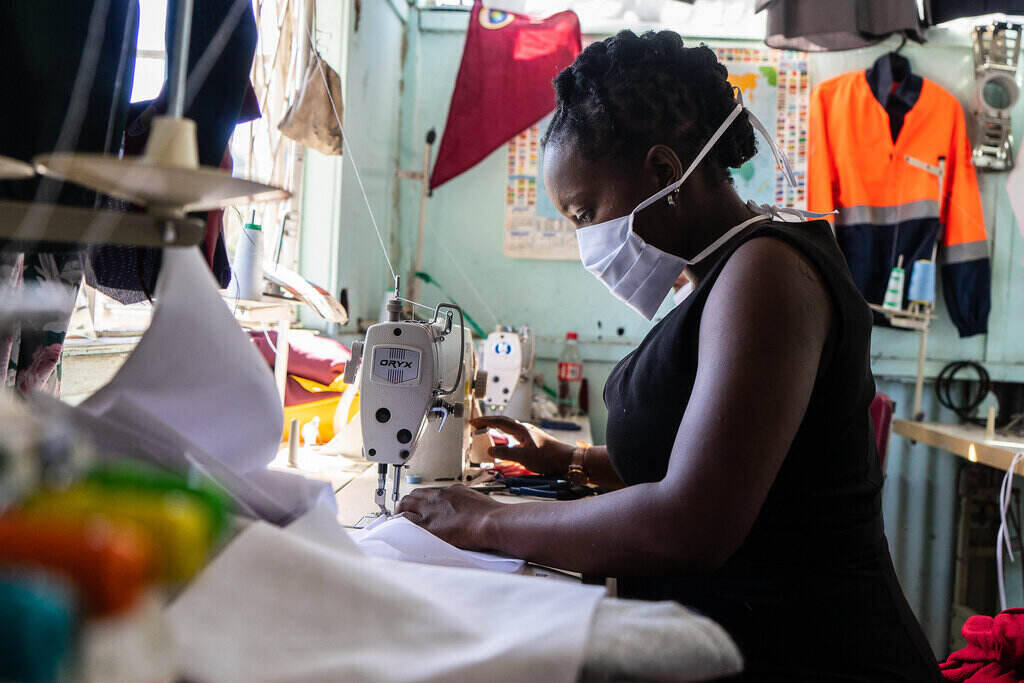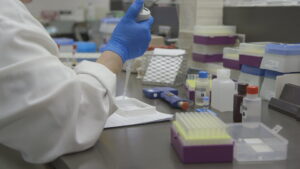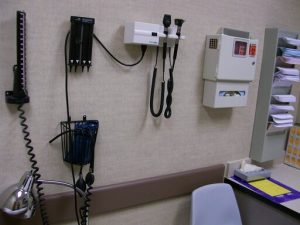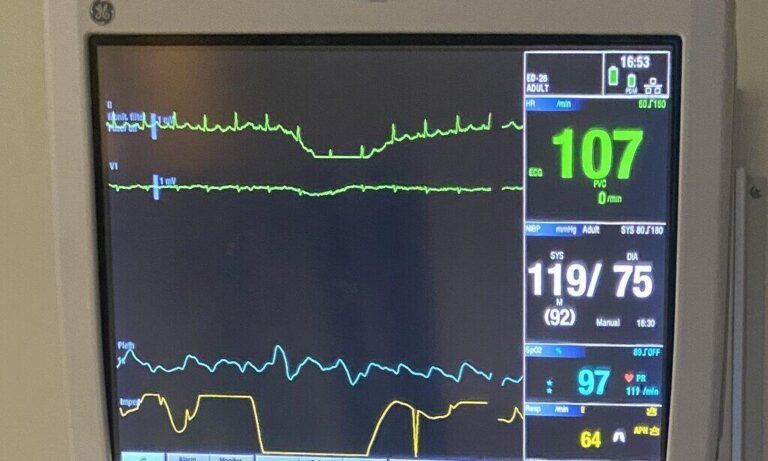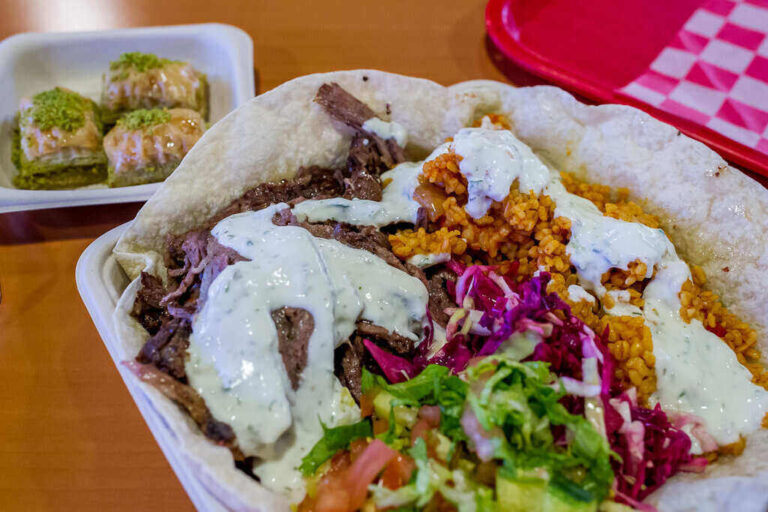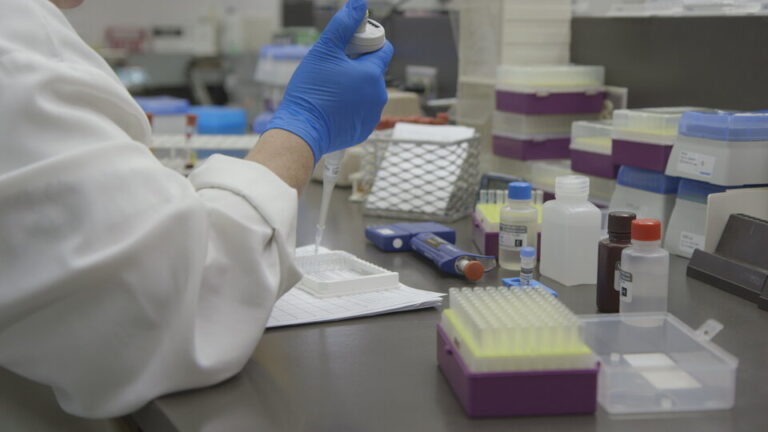In past years COVID-19 has been less likely to be contracted while outdoors, however, the new strains don’t play by the same rules. Katrine Wallace, an epidemiologist at the University of Illinois at Chicago, says this is most likely due to the power of the new variants and subvariants.
The hardest hit groups in America would be the Black and Hispanic people. These groups are more likely than white people to see the importance of facial masks and other pandemic precautions — even as they see these mandates relaxing or disappearing from high public areas.
In July AP-NORC Center for Public Affairs Research conducted a poll about mandates and their importance. Their data showed that 78% of Black individuals and 62% of Hispanic people stated it was important or essential to wear masks while in indoor spaces or in public. Only 44% of the white respondents agreed with the safety importance.
Black and Hispanic respondents were also more likely to say it was critical for individuals to be tested for COVID-19.
In December 2020 the Urban Institute established that Black, Indigenous, and Hispanic workers were more likely to hold jobs that were classified as “essential.” A report released by McKinsey & Co. found that 39% of hospital orderlies and 33% of nursing assistants were Black.
Wallace stated, “The newer Omicron sub-lineages BA.4 and BA.5 are currently together accounting for 70% of all new COVID-19 infections. These variants are rapidly gaining ground because they are far more transmissible than any of their COVID-19 variant predecessors.”
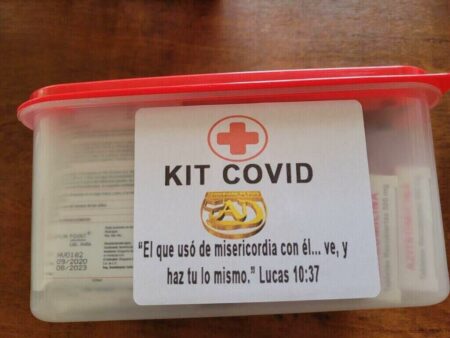
These factors have led to a surge in cases across the United States. A total of 93,777,133 COVID-19 cases have been reported in the U.S., the District of Columbia, and America’s territories as of August 24, 2022.
Granted holding an event or gathering outside does lower one’s risk of contracting COVID-19, however, it does not eliminate it completely. Jessica Justman, an infectious diseases specialist and epidemiologist at the Columbia University Irving Medical Center, noted, “‘Crowded’ is a matter of judgment, but in my view if you are within 12 or 18 inches of others — especially if you are having conversations or everyone is shouting to be heard — that’s crowded.”
Being outdoors does help to improve one’s odds of becoming infected, but so does social distancing, hand washing, testing, vaccination, and facial masks. However, it should be noted that no one measure is completely effective.
Recent data shows that the COVID-19 vaccines, infections, or boosters can create a “higher…wall of immunity,” according to Megan Steain, a virologist at the University of Sydney, Australia. “If we can keep high levels of booster vaccinations up, then we can decrease how infectious people are when they’re sick.”
When the first wave of the COVID-19 Omicron variant began to rip through the U.S., at the end of 2021, Nathan Lo, an infectious-disease researcher at the University of California, San Francisco, and colleagues analyzed data on more than 22,000 confirmed cases.
Over a 5-month period, they studied individuals infected in over 35 adult prisons. Lo, and his team discovered that among people with COVID-19, individuals who received at least one vaccine injection were 24% less likely to infect anyone they’ve had close contact with — compared to inmates who were unvaccinated.
Their data also revealed that inmates who had previously been infected with COVID were 21% less likely to infect others compared with prisoners with no previous infection. People who had been both previously infected and vaccinated were 41% less likely to spread COVID-19 to unvaccinated individuals.
The team was surprised to find out that each additional COVID-19 vaccine dose reduced a person’s chances of passing the infection further by a 12% average. Additionally, they found that for every five weeks that passed since an individual’s last vaccine dose, their risk of transmitting COVID-19 increased by 6%.
If anyone contracts COVID-19 they are advised to isolate themselves for at least five days. However, it should be noted that this does not mean they are clear of spreading the virus. The CDC recommends isolating for the first five days, after which people should wear a well-fitting facial mask through day 10.
By the tenth day, the risk of spreading the virus drops significantly as long as the symptoms improve and the fever has resolved.
Dr. Allision Arwady, the commissioner of the Chicago Department of Public Health, stated, “If you’re mostly feeling well, especially if what is still kind of lingering is a cough or a little bit of cough tends to be the last thing to go away after any virus, it is unlikely that you are still spreading disease.”
People who developed symptoms and are still testing positive after six to 10 days could possibly infect others.
Written by Sheena Robertson
Sources:
NBC Chicago: How Long Can You Test Positive for COVID After Getting Infected? Chicago’s Top Doctor Weighs In
Bloomberg: Can I Catch Covid Outside?
Nature: COVID vaccines slash risk of spreading Omicron — and so does previous infection
Bloomberg: Black and Hispanic Americans Are More Likely to View Masks as Essential
CDC: COVID-19
Top and Featured Image Courtesy of International Labour Organization ILO‘s Flickr Page – Creative Commons License
Inset Image Courtesy of amslerPIX’s Flickr Page – Creative Commons License

